Quick Start of Seedream V4
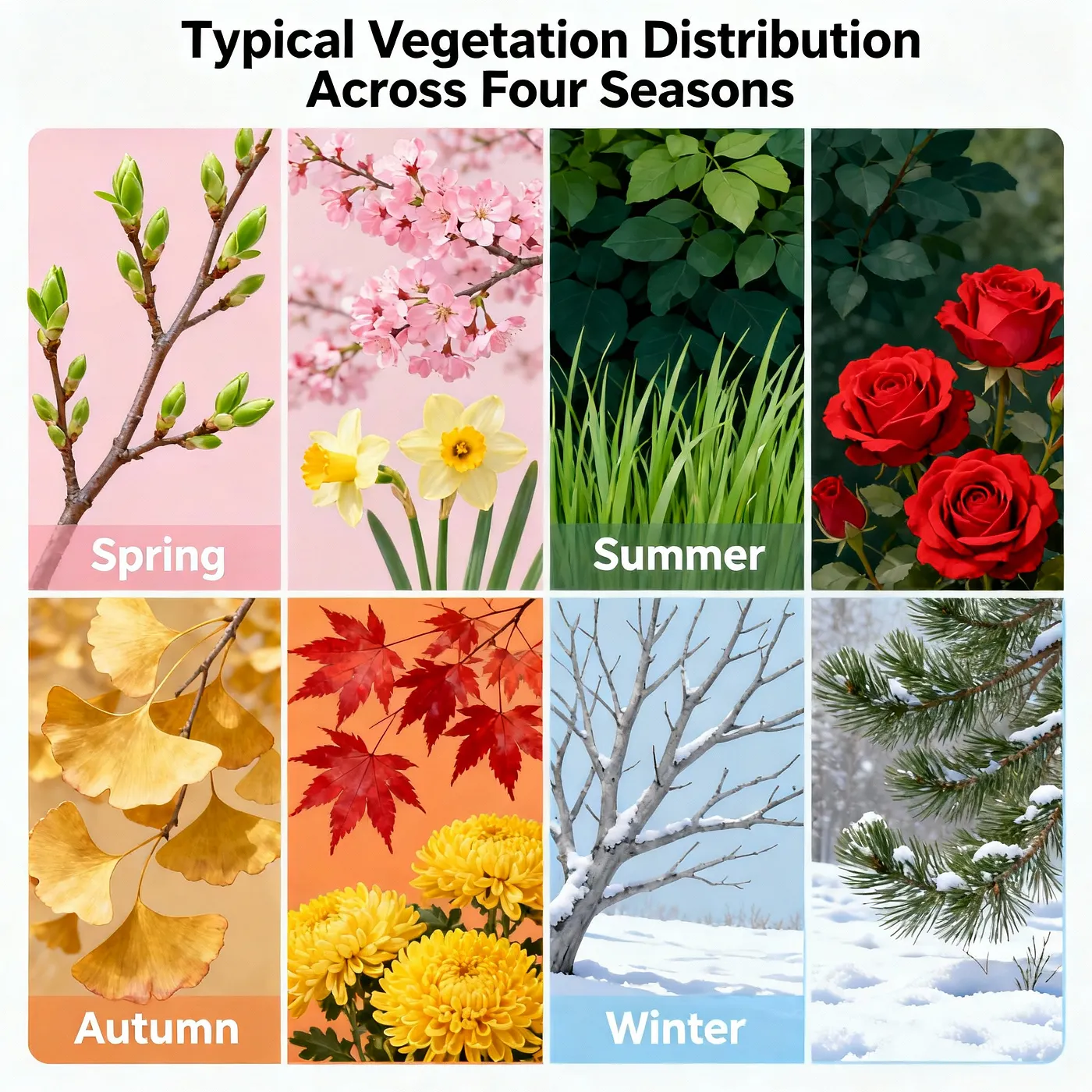
What it can do
Seedream 4.0 supports three types of input: text, a single image, and multiple images.
It offers multi-image fusion, image editing, and sequence-based batch generation with theme consistency, making creation more flexible and controllable.
Model Selection
bytedance/seedream-v4
This model is a T2I model, designed for scenarios such as multi-panel or multi-tile posters, concept designs with copy, series KV, and social media assets.
The default output is 2048×2048 (2K), and you can also adjust the size yourself. It is well-suited for grid-based layouts, whitespace for titles and subtitles, and improving text readability.
When using it, please specify the subject, layout (such as a 2×2 grid or triptych), text placement (title, subtitle, CTA), and preferred style in the prompt. So the model can generate what you want more accurately.
Below are some prompt templates and examples. Feel free to experiment!
Prompt Templates
2×2 Grid Poster
2x2 grid poster layout, clean margins for typography, title at top center: "{TITLE}", subtitle: "{SUBTITLE}". Panel 1: {SCENE_A}; Panel 2: {SCENE_B}; Panel 3: {SCENE_C}; Panel 4: {SCENE_D}. consistent color grading, cinematic lighting, brand color {BRAND_COLOR}, high legibility background, minimal clutterTriptych
horizontal triptych panels, left-to-right narrative: {SCENE_A} -> {SCENE_B} -> {SCENE_C}, unified palette {BRAND_COLOR}, soft vignette, clear gutters, strong typographic hierarchy, space reserved for CTA "{CTA}"Comic
4-panel comic strip layout, speech bubble placeholders, Panel 1: {SCENE_A}; Panel 2: {SCENE_B}; Panel 3: {SCENE_C}; Panel 4: {SCENE_D}. bold line art, flat shading, clear gutters, high readabilityMinimalist Poster
minimal poster, large title center: "{TITLE}", small subtitle below: "{SUBTITLE}", single focal object: {OBJECT}, monochrome + accent {BRAND_COLOR}, high legibility background, grid-based layoutExamples
Restaurant Advertising
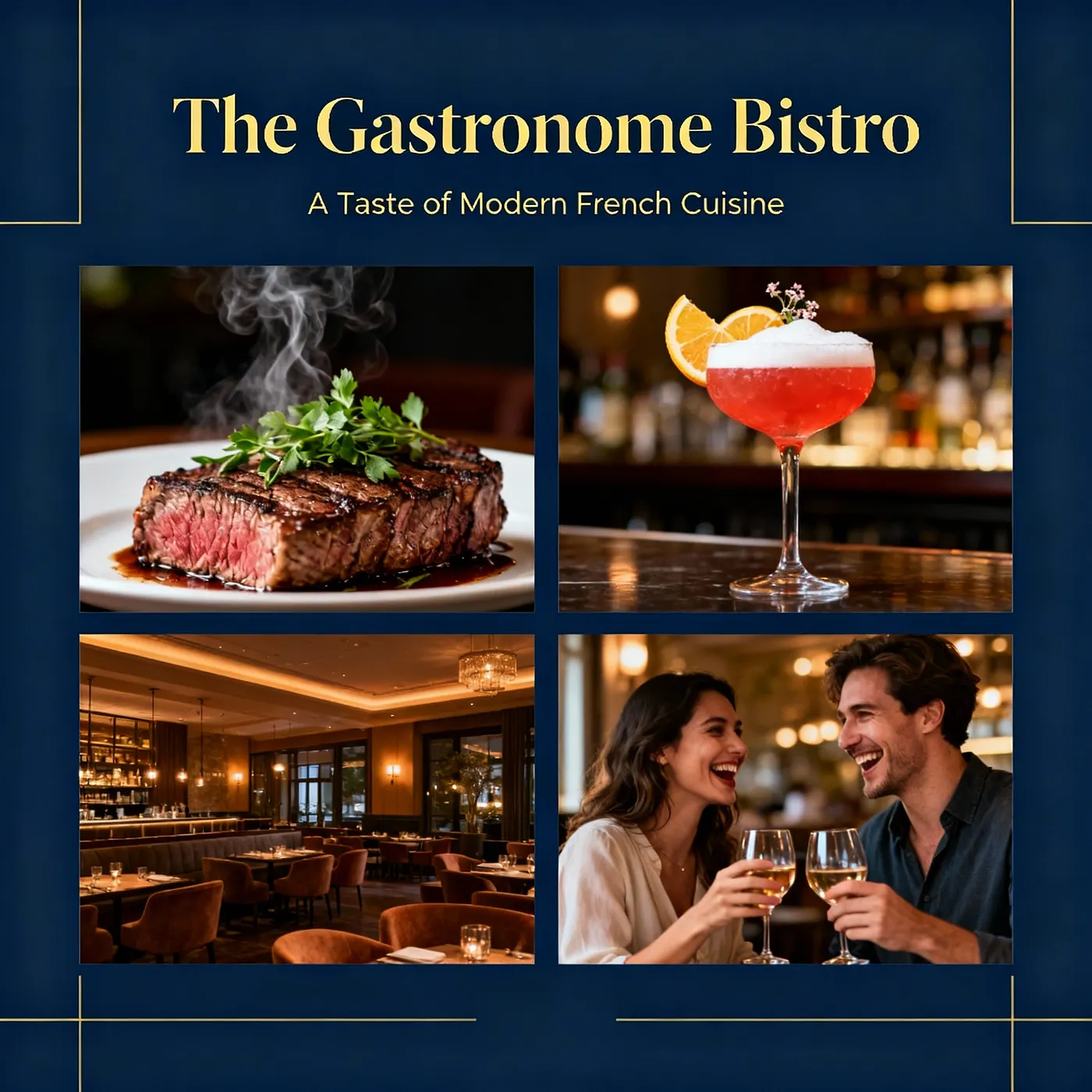
Product Design
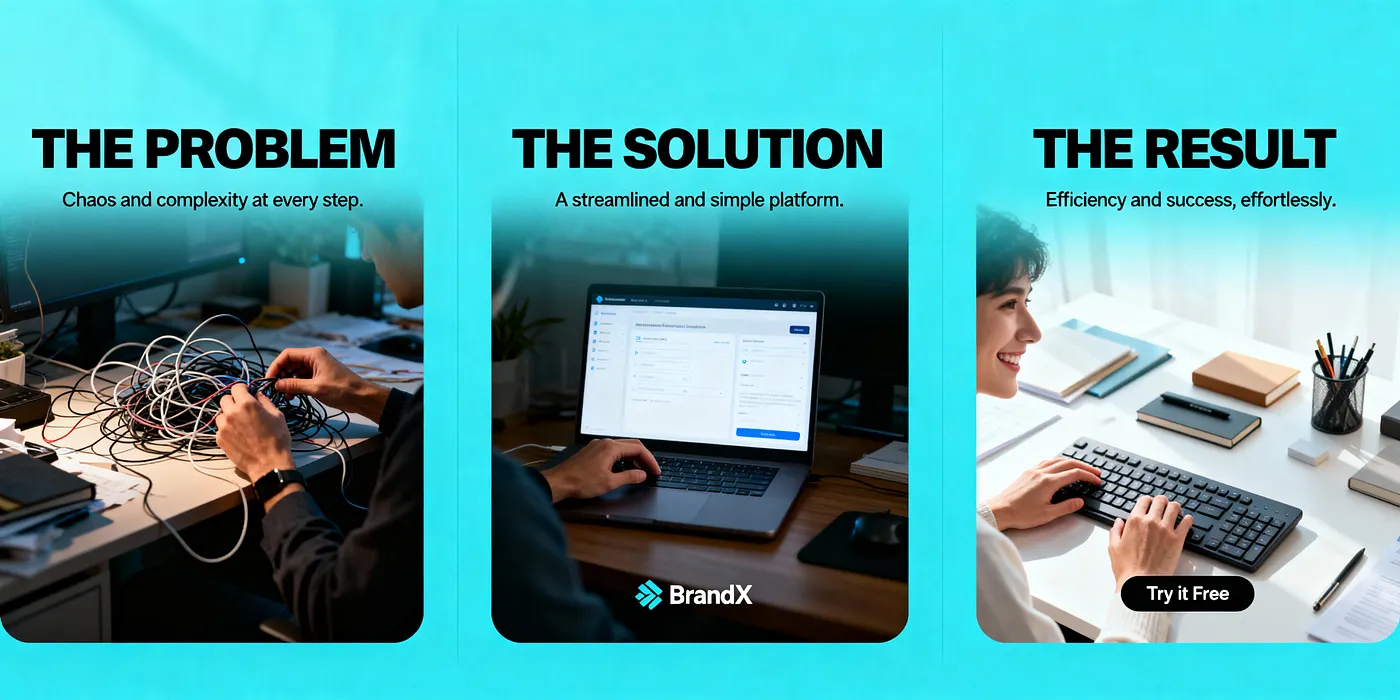
Poster Design
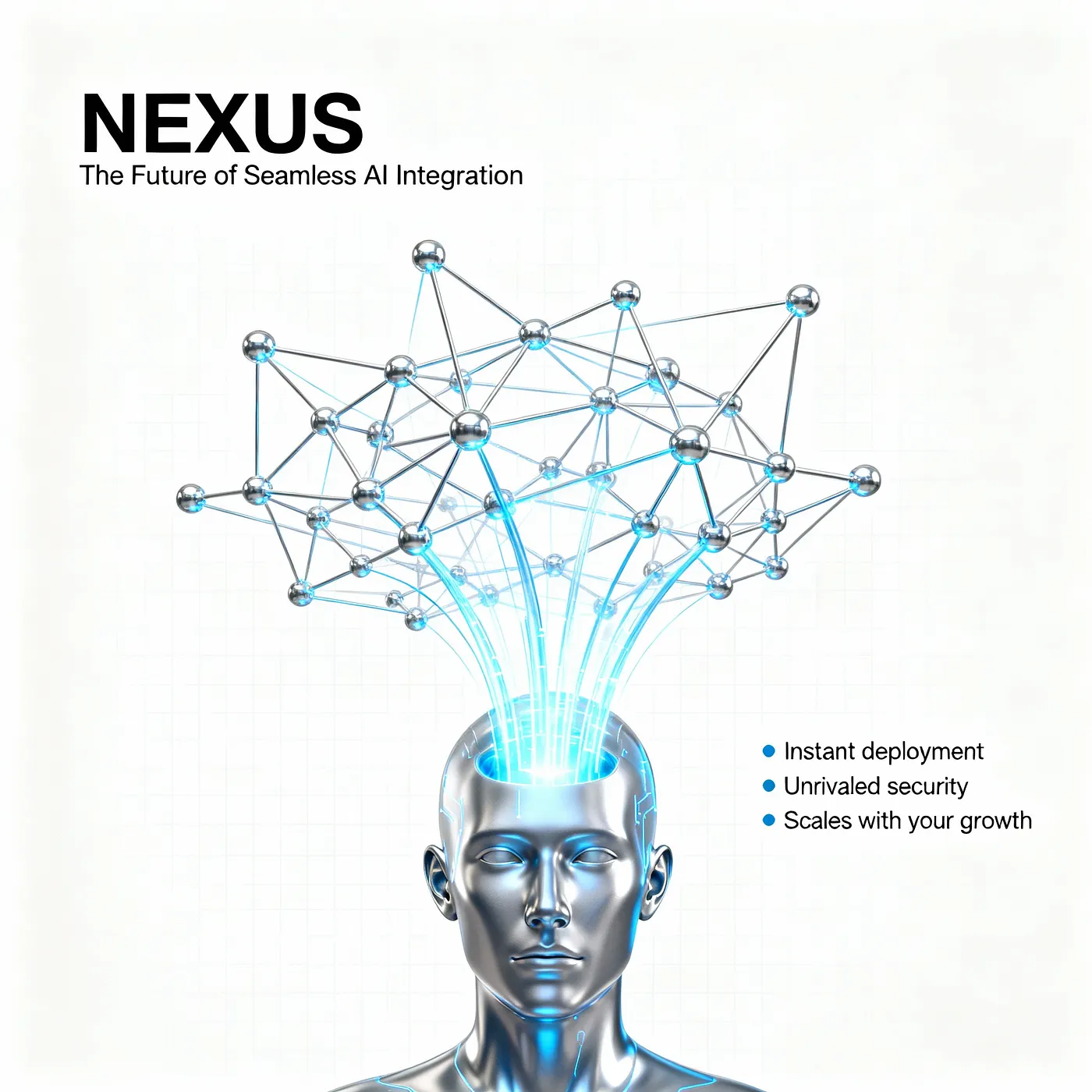
bytedance/seedream-v4/edit
The edit is an I2I (image-to-image) model designed to make modifications to an existing image. For example, it can swap outfits and accessories, adjust hair and makeup, modify product colors, materials, and patterns, and replace interior finishes for floors, walls, and furniture.
It supports local editing and strength control, allowing you to keep the subject and lighting consistent while quickly creating multiple variants.
Likewise, i2i models perform better when you clearly specify your goal from the beginning. Below are some examples and formulas you can use directly!
Prompt Templates
1. Portrait
portrait KV series, {STYLE} style, consistent color grading {BRAND_COLOR}, fixed camera look (85mm shallow depth), interchangeable persona: {PERSONA}, reserved lower-third text "{NAME} — {ROLE}"2. Change Clothes/Jewellery/Makeup
Outfit swap for portrait, replace clothing with {OUTFIT_DESC}; keep pose and composition; accessories {JEWELRY_DESC}; makeup/hair {MAKEUP_HAIR}; preserve skin tone and lighting; clean edges, no artifacts3. Background Replacement
Background replacement for subject, keep subject edges; new environment: {SCENE_DESC}; match light direction and color temperature; soft contact shadows; no haloing4. Indoor and Outdoor Replacement
Interior finish swap, update wall {WALL_MATERIAL}, floor {FLOOR_MATERIAL}, furniture upholstery {FABRIC}; layout and lighting unchanged; realistic PBR texturesExamples
Clothes Change
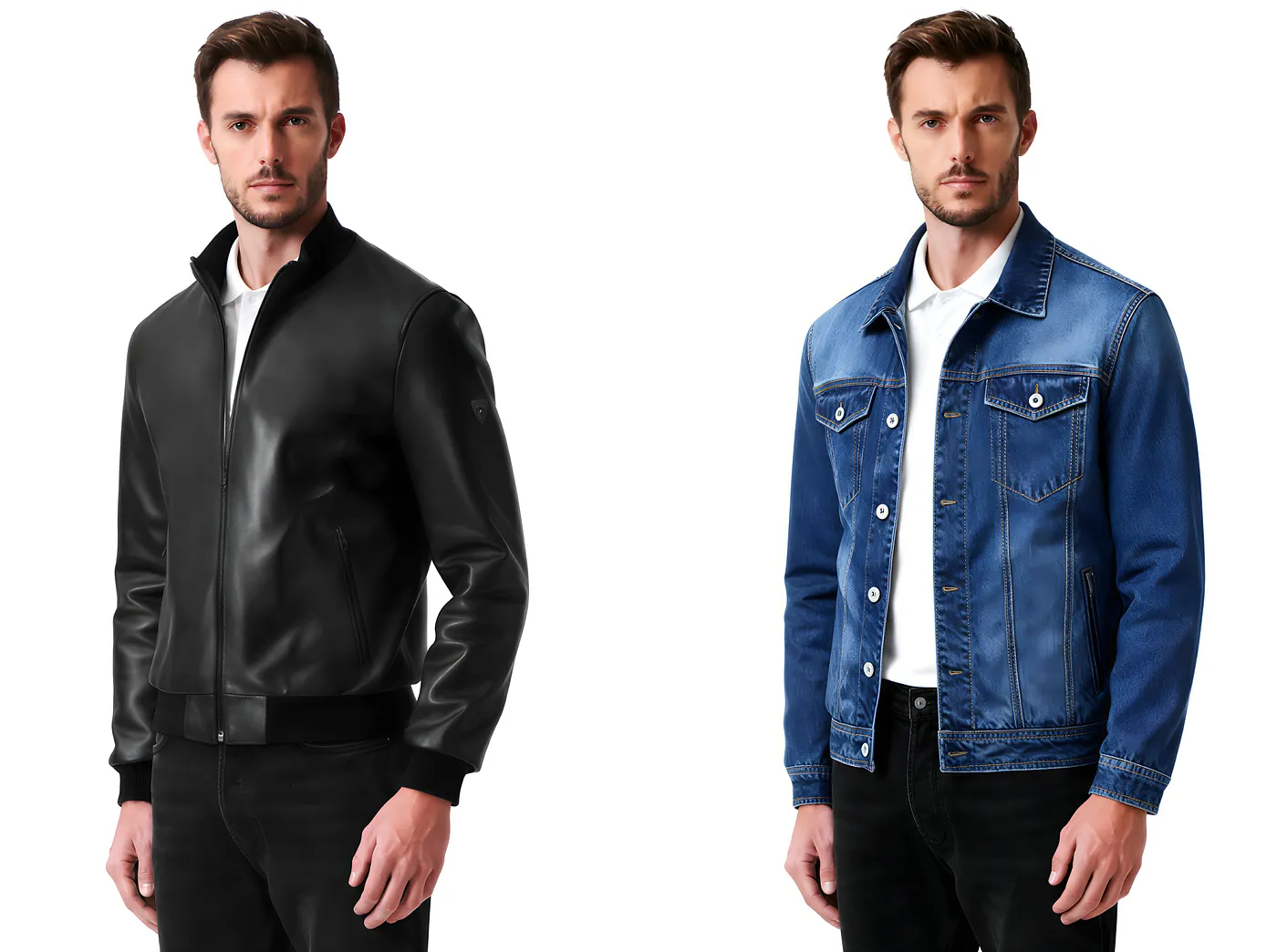
Background Change
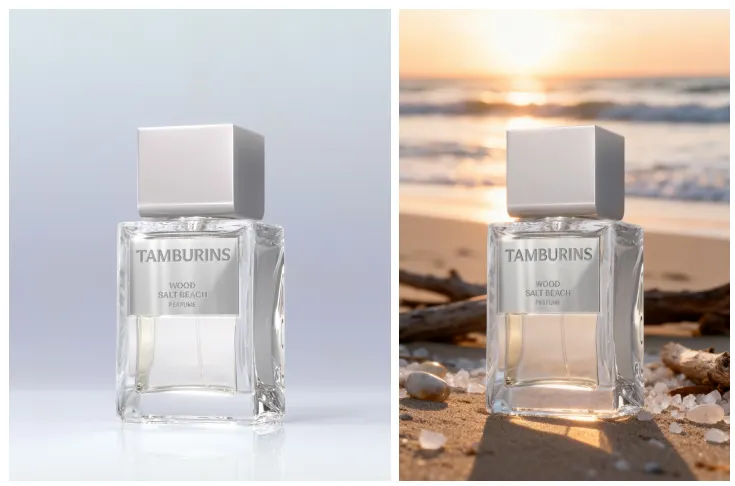
Home Design
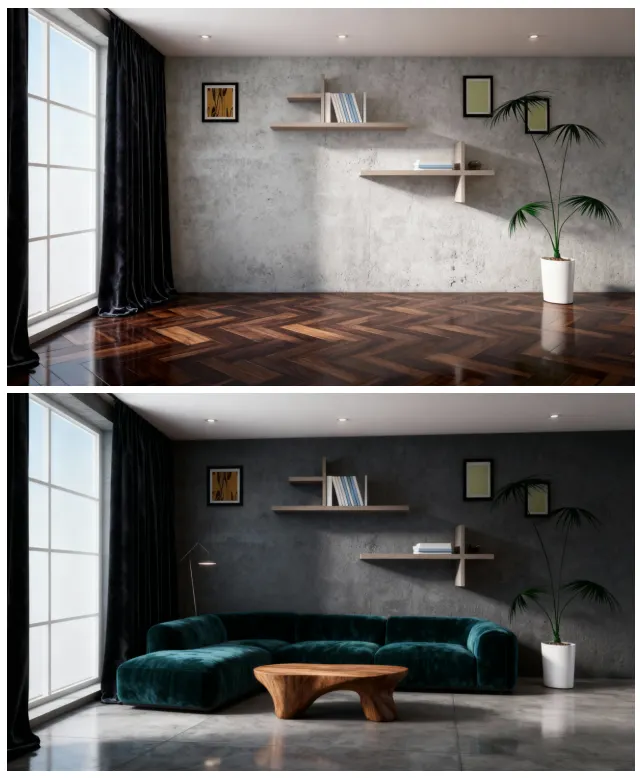
bytedance/seedream-v4/sequential
The Sequential model is the Seedream variant for batch image generation. It produces multiple images at once based on your prompt, making it ideal for large-scale creation.
However, please note: clearly specify the number of images to generate in the prompt, and set max_images to that same number. Otherwise, the system will charge based on max_images — even if only one image is actually created.
Usage Guidelines
For Multiple Generations:
- Prompt:
Generate four images of …/Generate a set of images of … - max_image = 4
For Single Generation:
- Prompt:
Generate an image of … - max_image = 1
Prompt Templates
1. Advertising Creative
Generate 4 poster concepts of the same campaign. Image 1: headline "{H1A}", {BG_A}; Image 2: headline "{H1B}", {BG_B}; Image 3: headline "{H1C}", {BG_C}; Image 4: headline "{H1D}", {BG_D}. Keep brand color {BRAND_COLOR}, consistent grid and margins, cinematic lighting.2. Character Design (multiple poses/expressions)
Generate 6 character sheets of {CHARACTER}. Image 1: neutral pose; Image 2: action pose; Image 3: side profile; Image 4: back view; Image 5: happy expression; Image 6: serious expression. Same outfit and palette, clean turnaround style.3. Step Diagram (1→N)
Generate 3 step-by-step visuals for {PROCESS}. Image 1: step 1 {STEP1}; Image 2: step 2 {STEP2}; Image 3: step 3 {STEP3}. Uniform style and icons, numbered labels.Examples
Advertising Creative
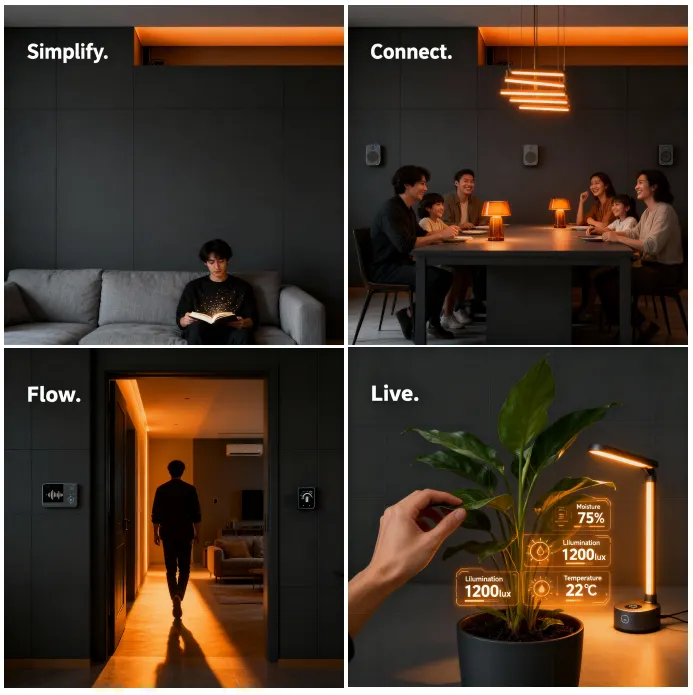
Character Design
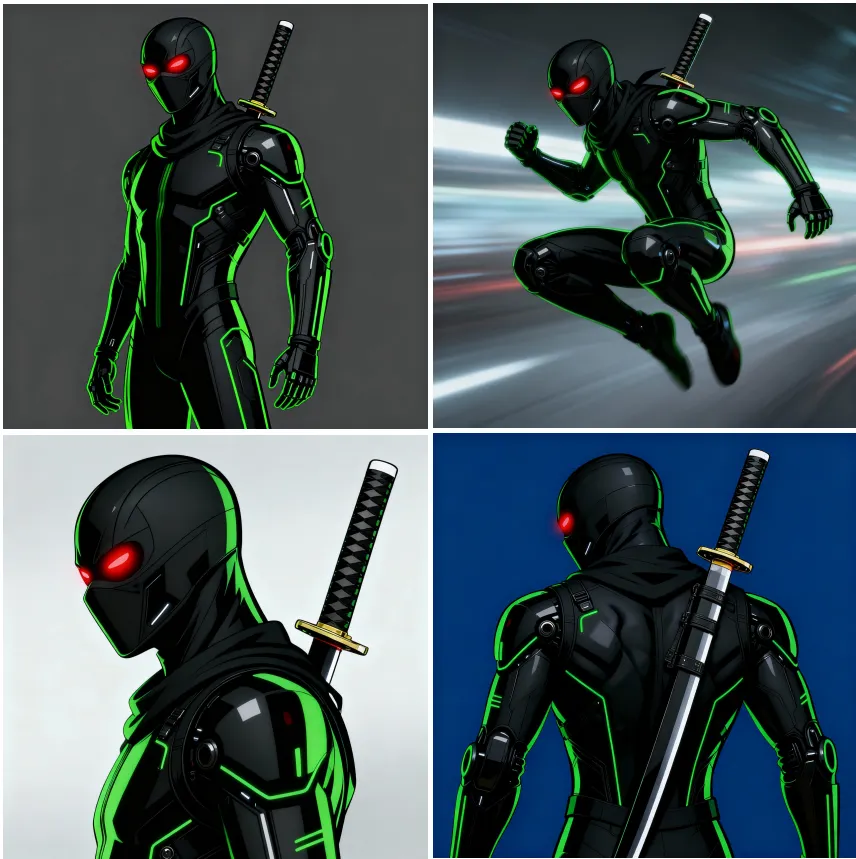
bytedance/seedream-v4/edit-sequential
If bytedance/seedream-v4/sequential helps you go from 0 to 1 to start your design, then the ability to handle multi-image input and batch output provides an even greater boost!
With bytedance/seedream-v4/edit-sequential, you can provide multiple reference images at once, perform multi-image fusion, change style and composition, generate several versions simultaneously, and quickly run A/B comparisons.
Whether it’s series KVs, poster assets, or exploring product colors, materials, and patterns, you can iterate efficiently while maintaining consistency — making it a valuable part of your workflow.
Similarly, during generation, pay attention to the relationship between your prompt and max_images to avoid unnecessary costs.
Let’s look at some examples.
Prompt Templates
Product Multi-viewing Angles (front/side/back/45°)
Generate 4 images of the same product from fixed angles. Image 1: front view; Image 2: 45-degree view; Image 3: side view; Image 4: back view. Identical lighting and scale, white studio background, shadow under product.E-commerce Series
Generate 6 images of the same product in different colorways/materials. Image 1: {COLOR_A}/{MATERIAL_A}; Image 2: {COLOR_B}/{MATERIAL_B}; Image 3: {COLOR_C}/{MATERIAL_C}; Image 4: {COLOR_D}/{MATERIAL_D}; Image 5: {COLOR_E}/{MATERIAL_E}; Image 6: {COLOR_F}/{MATERIAL_F}. Studio lighting, identical angle and composition, clean background, high consistency.Background/Scene Switching
Generate 5 images of {SUBJECT} in different environments. Image 1: {SCENE_A}; Image 2: {SCENE_B}; Image 3: {SCENE_C}; Image 4: {SCENE_D}; Image 5: {SCENE_E}. Keep subject pose and proportions, match light and color temperature per scene.Logo/Packaging Layout
Generate 4 packaging concepts for {PRODUCT}. Image 1: logo top-centered; Image 2: logo vertical layout; Image 3: diagonal sash layout; Image 4: minimal label bottom-right. Keep same can/bottle geometry, realistic reflections.UI Style Palette
Generate 8 icons in {STYLE} for {THEME}. Image 1: {ICON1}; Image 2: {ICON2}; … Image 8: {ICON8}. Pixel-perfect, unified line weight and corner radius, consistent grid.Examples
Different Colors
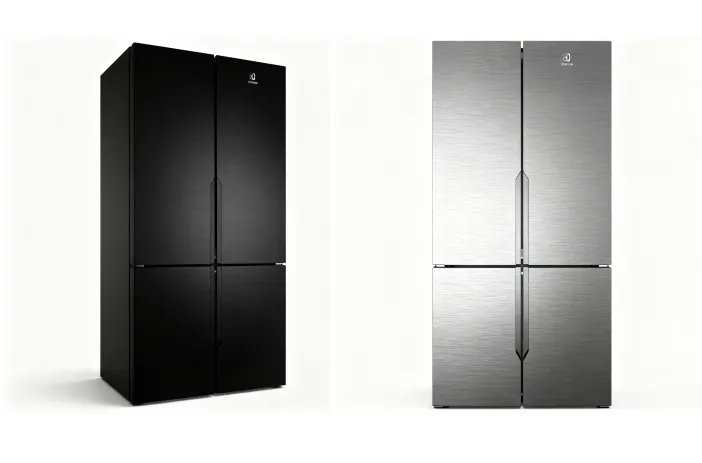
Different Angles of Product
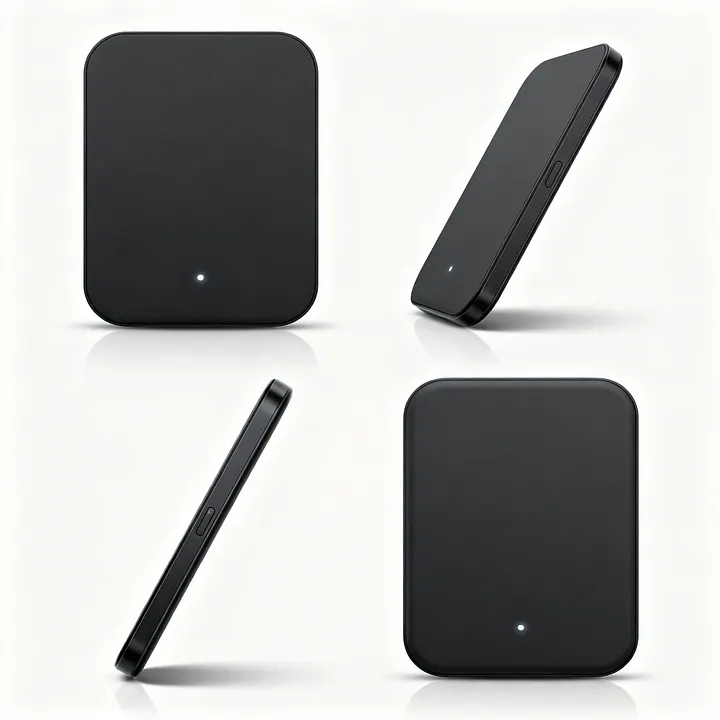
UI Design
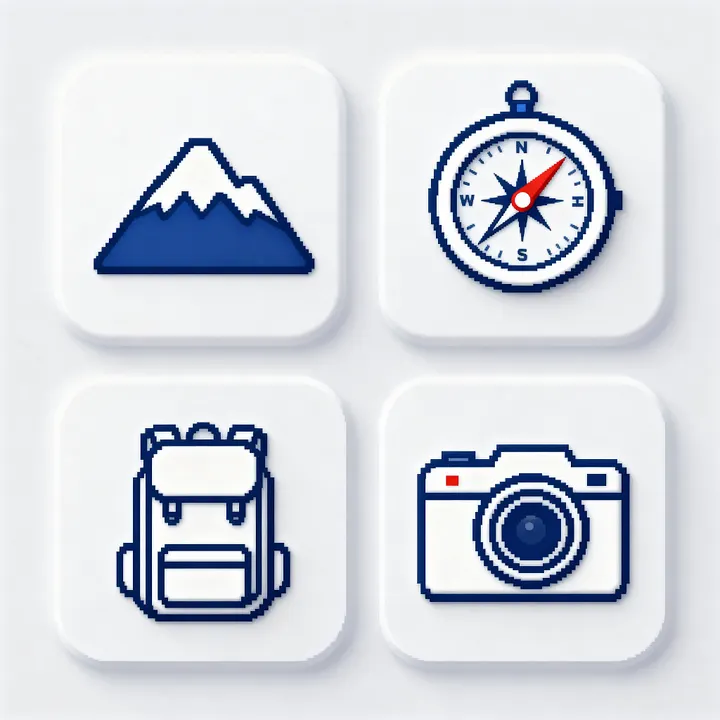
Reference
© 2025 WaveSpeedAI. All rights reserved.